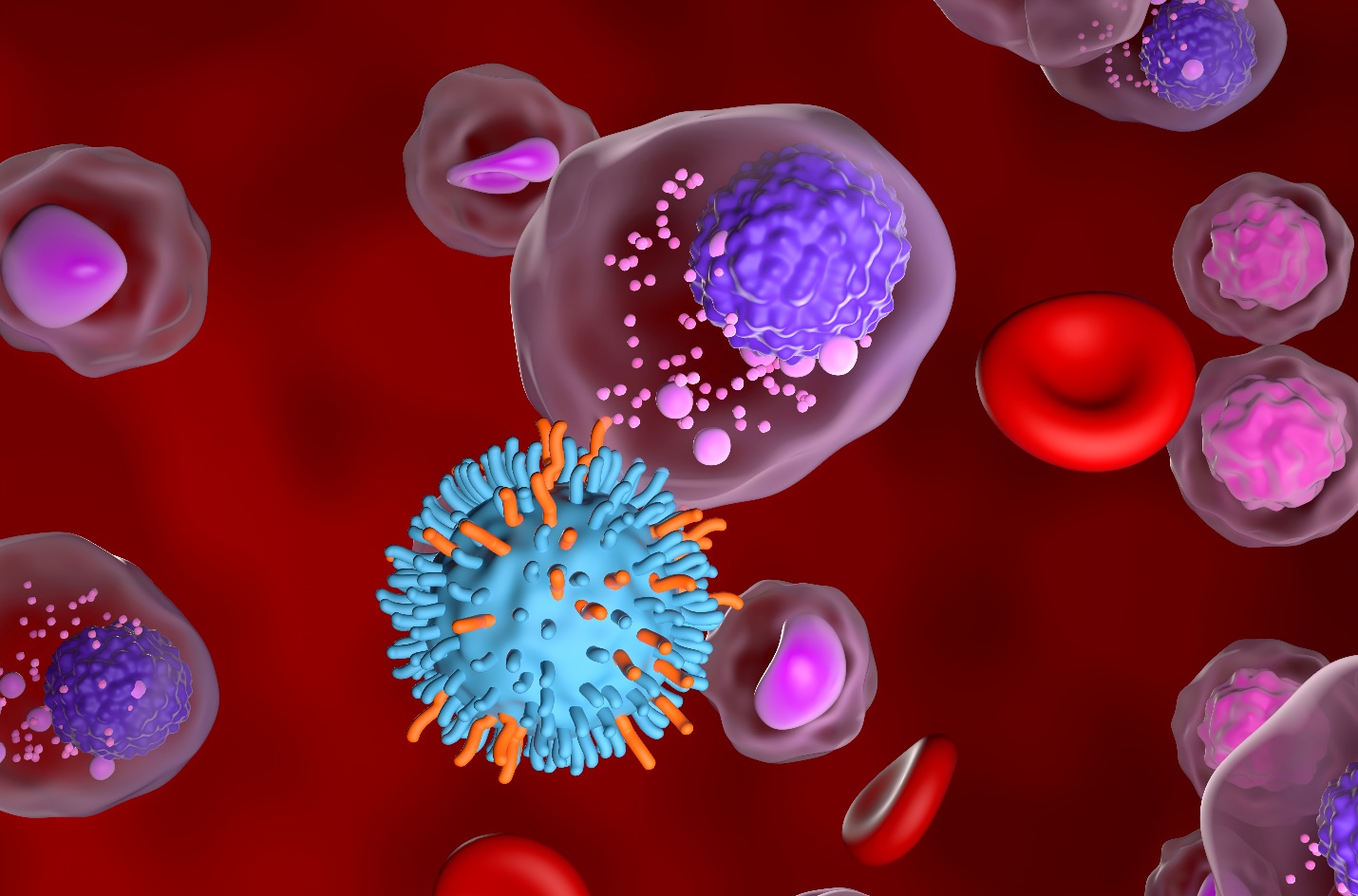
Breakthrough in Autoimmune Disease Treatment
The therapy was administered to three patients: a 42-year-old woman and two men, aged 45 and 57, all suffering from severe autoimmune conditions. One of the recipients, Mr. Gong from Shanghai, had systemic sclerosis, a debilitating disease that stiffens the skin and damages organs. Just days after receiving the therapy, he began to experience significant improvements, regaining mobility and returning to work two weeks later.
This donor-derived therapy showed incredible promise in treating autoimmune diseases like systemic sclerosis, lupus, and multiple sclerosis, which are caused by the immune system attacking the body’s own tissues. By using CRISPR gene editing, researchers modified the donated T cells to target and eliminate the harmful immune cells responsible for these diseases. The treatment not only put the patients into remission but also raised hopes for wider applications of this method in autoimmune conditions.
Potential for Mass Production
The key advantage of this new approach is its potential for scalability. Traditionally, CAR-T therapies have been custom-made using the patient’s own cells, a process that is time-consuming and expensive. However, this trial used donor-derived cells, which could allow pharmaceutical companies to produce treatments for multiple patients from a single donor’s cells. This could dramatically reduce costs and speed up production, making the therapy more widely available.
Dr. Lin Xin, an immunologist at Tsinghua University, emphasized that if the technique proves successful in larger trials, it could transform how autoimmune diseases are treated globally, making such therapies more accessible for patients in need.
Looking Ahead: CAR-T Therapy’s Role
CAR-T therapy, which stands for Chimeric Antigen Receptor T-cell therapy, is a type of immunotherapy that has already revolutionized the treatment of certain blood cancers. In CAR-T therapy, T cells—a type of immune cell—are extracted from a patient, genetically modified to recognize and attack specific harmful cells, and then re-infused into the patient’s body.
This therapy has been highly effective in treating cancers such as leukemia and lymphoma, with several CAR-T products approved for use in the United States. However, creating these therapies using a patient’s own cells is costly and labor-intensive. In this recent trial, researchers took a step forward by using T cells from a healthy donor. They used CRISPR-Cas9 gene editing to knock out specific genes and engineered the cells to target B cells, which play a key role in autoimmune diseases.
Once infused into the patients, the donor-derived CAR-T cells destroyed the harmful immune cells causing the autoimmune conditions, leading to remission in all three participants. The potential to use donor-derived cells in CAR-T therapy opens the door to making this life-saving treatment more efficient, less expensive, and accessible to more people.
Although these initial results are promising, experts stress the need for larger trials to confirm the long-term safety and effectiveness of donor-derived CAR-T therapy. If the therapy continues to succeed, it could offer a transformative solution for the treatment of over 80 autoimmune diseases, giving hope to millions of patients worldwide.
As trials expand and researchers continue to study the long-term effects, the future of CAR-T therapy looks promising for those battling autoimmune diseases.

Check out our AAV CDMO service to expedite your gene therapy research
PackGene Biotech is a world-leading CRO and CDMO, excelling in AAV vectors, mRNA, plasmid DNA, and lentiviral vector solutions. Our comprehensive offerings span from vector design and construction to AAV, lentivirus, and mRNA services. With a sharp focus on early-stage drug discovery, preclinical development, and cell and gene therapy trials, we deliver cost-effective, dependable, and scalable production solutions. Leveraging our groundbreaking π-alpha 293 AAV high-yield platform, we amplify AAV production by up to 10-fold, yielding up to 1e+17vg per batch to meet diverse commercial and clinical project needs. Moreover, our tailored mRNA and LNP products and services cater to every stage of drug and vaccine development, from research to GMP production, providing a seamless, end-to-end solution.
Related News
[2024/12/20] Gene and Cell Therapy- weekly digest from PackGene
FeaturedNewsArticlesPackGene's NewsletterReceive the latest news and insights to your inbox.About PackGenePackGene Biotech is a world-leading CRO and CDMO, excelling in AAV vectors, mRNA, plasmid DNA, and lentiviral vector solutions. Our comprehensive offerings span...
Sangamo and Astellas Collaborate to Advance Neurological Gene Therapies Using AAV Capsid Technology
Sangamo Therapeutics, Inc. (Nasdaq: SGMO), a leader in genomic medicine, and Astellas Pharma Inc. (TSE: 4503), a global innovator in life sciences, have partnered under a new license agreement. This collaboration centers around Sangamo’s cutting-edge neurotropic AAV...
Inceptor Bio and GRIT Bio Announce Strategic Partnership to Advance IB-T101, a Next-Generation Solid Tumor CAR-T Utilizing the OUTLAST™ Platform
SHANGHAI and MORRISVILLE, N.C., Dec. 18, 2024 /PRNewswire/ -- Inceptor Bio, a leading innovator in cell therapy, and GRIT Bio, a clinical-stage immunotherapy developer, today announced a strategic partnership to advance IB-T101, a potentially best-in-class CAR-T...
Proof-of-concept study bioengineers therapeutics for improved cancer treatment
Credit: Pixabay/CC0 Public DomainA team of Children's Medical Research Institute (CMRI) scientists has identified a new method for producing a therapeutic product that has the potential to improve the treatment of cancer. The work by Associate Professor Leszek...
Related Services

AAV Packaging Services
READ MORE

Off-the-Shelf AAV Products
READ MORE

